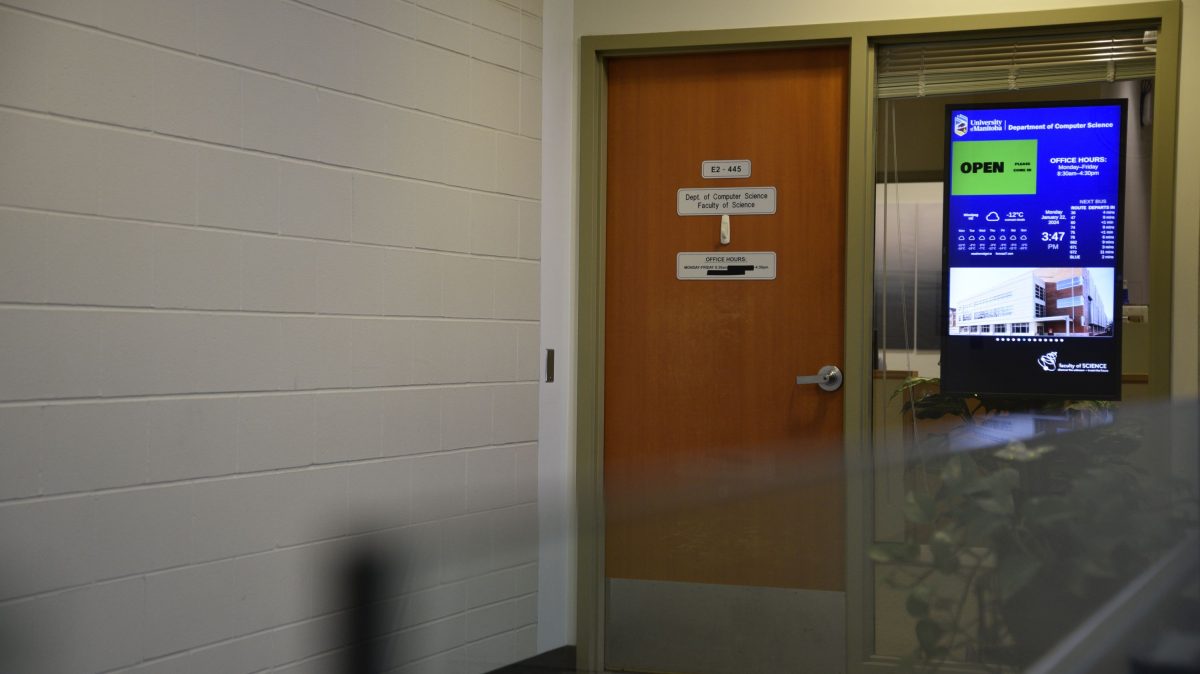
Welcoming new talent – Meet the new pioneering researchers in the department of computer science
A group of accomplished researchers have joined the department of computer science at the University of Manitoba, each bringing to the table a unique skill set and passion for advancement in their respective fields. In this article, we are taking a closer look at the fascinating research areas and the significant contributions these distinguished individuals are set to bring to both the academic and the industrial community.
Azadeh Tabiban: Fortifying cybersecurity
Tabiban, a visionary security researcher, is set to strengthen the department’s expertise when it comes to defending against cyberattacks. Her research revolves around enhancing the analysis and classification of system activities through several approaches. These include improving information retention mechanisms, ensuring the reliability of detection results for threats spanned across the networked low-capacity devices and increasing robustness against evading attackers who cleverly disguise their attack steps as normal behavior of legitimate users.
Tabiban is one of the collaborators in a new research project to make 5G networks more secure using Artificial Intelligence (AI) solutions as part of the Government of Canada’s new Cyber Security Innovation Network.
Tristan Miller: Innovations through computational linguistics
Miller, an established computational linguistics researcher, is bringing a wealth of expertise to the department and building models to help computers understand and interact with language. His research is primarily concerned with linguistically informed approaches to computational humour, the reconstruction and systemization of historical online text sources such as Usenet and designing technology to support language learning, literacy, documentation and revitalization of Indigenous languages, particularly Cree and Michif.
His commitment to this field reflects a socially conscious approach to technology, aligning with the department’s vision of responsible and inclusive research.
Shaiful Chowdhury: Elevating software engineering
Chowdhury, a dynamic researcher in software engineering, focuses on advancing the tools and processes developers use to write code. This comprises optimizing the energy consumption of software systems and improving software maintenance processes by identifying the parts of software systems most prone to bugs or frequently revised during maintenance.
Chowdhury’s work is bound to make a tangible impact on the efficiency, reliability and sustainability of software engineering practices.
Christopher Henry: Harnessing AI for digital agriculture
Henry, a seasoned machine learning researcher, is applying the power of artificial intelligence tools and techniques to the problems of digital agriculture. His research sets sights on the automation of plant identification and robotic interventions to improve yield and reduce pesticide use. He is also dedicated to improving phenotyping to develop new varietals that may perform better in a changing climate as well as identifying and responding to crop disease.
Henry also emphasizes a collaborative and transparent approach to leveraging machine learning and AI techniques to revolutionize agriculture.
The department of computer science is well expected to witness a transformative and innovative period with the addition of these four remarkable researchers. Their expertise and exceptional roadmap in their field promise to accomplish outcomes that will evolve our everyday lives from using more secure smart devices to how we communicate and interact with computers. It will redefine best practices in areas like software development and digital agriculture. This practical impact will inspire other outstanding researchers and students to join the University of Manitoba to be part of the community that is impacting and shaping the future.






